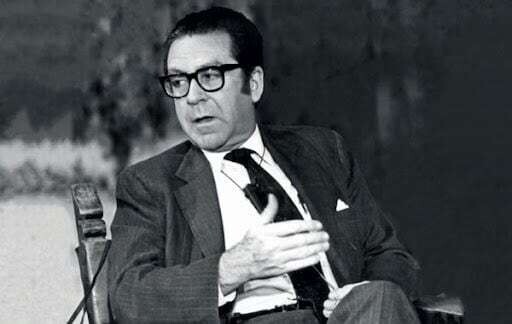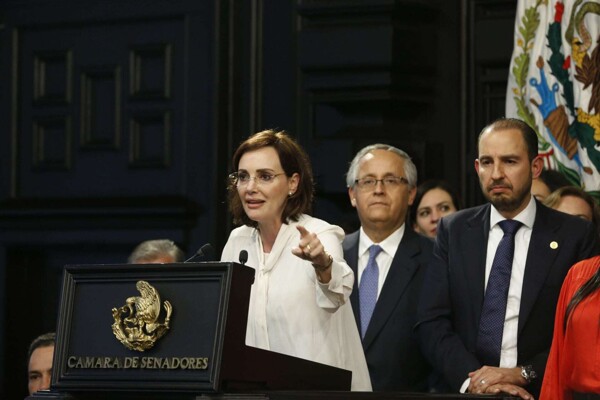
Víctor L. Urquidi, a recognized social scientist and economist, did not limit himself to solely worrying about the efficiency of the production and circulation of goods in the markets. He understood the importance of linking the economy with politics, highlighting how political power shapes the social character of development. In various essays published throughout his career, Urquidi pointed out the lack of attention of Latin American governments to social aspects, the preservation of the environment, and political democracy.
His holistic vision of social problems was distinguished by understanding the interrelation between different factors. Urquidi maintained that structural problems were fundamental to development and advocated for improving the incomes of workers and rural inhabitants through productivity and the expansion of the agricultural sector. His work combined academic rigor with experience in international organizations and the Mexican government.
Urquidi held various positions and was part of the creation of academic institutions in Mexico. He founded the Tepoztlán Center A.C., presided over the Colegio de México, and directed the subregional headquarters of ECLAC in Mexico. His contributions, pioneering in many aspects, aimed at building more just societies in Latin America.
On the twentieth anniversary of his passing, the Colegio de México has released the digital edition of his Selected Works online. His essays, which address topics such as inclusive and equitable development, remain relevant in the quest for development in Latin America, long before the ideas presented by Nobel laureates in Economics Daron Acemoglu and James Robinson in 2024.
The selection of nearly three hundred essays by Urquidi was compiled into six volumes between 2005 and 2019, addressing aspects such as sustainable development, economics, population, tax reform, and economic and social perspectives. His work, available for free, is a testament to Urquidi's commitment to overcoming the challenges of regional underdevelopment, including delays in key sectors such as agriculture, science, and technology.
Furthermore, Urquidi emphasized the importance of factors such as demographics, education, and the environment to propose gradual reforms that could counteract the internal and external inequalities that perpetuate underdevelopment. His analyses, both as an economist and historian, highlight institutional and economic traits inherited from the colonial era that still impact national development.














